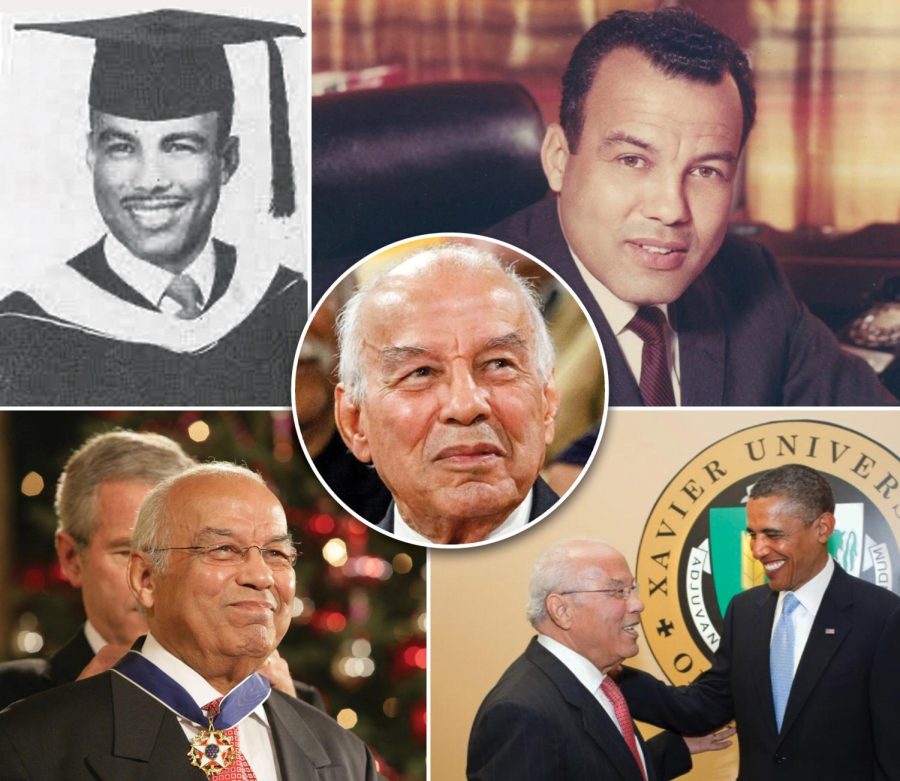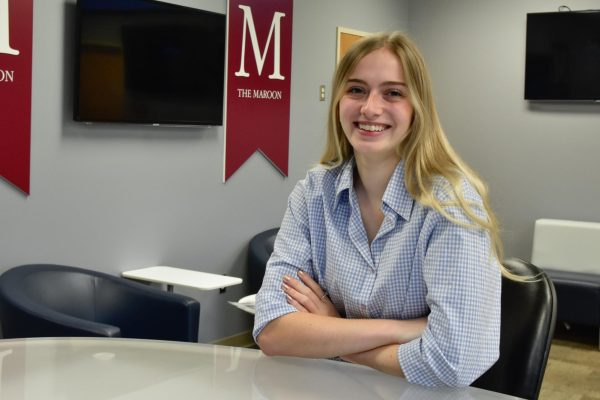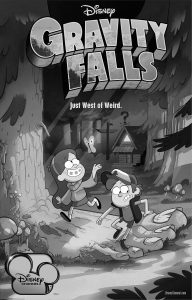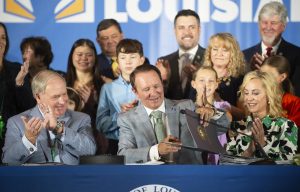Dr. Norman C. Francis documentary premieres
Norman C. Francis: A Legacy of Leadership
September 29, 2022
WYES-TV is kicking off their 65 years of service celebration with a one-hour documentary honoring Norman C. Francis, Loyola’s first Black graduate, and his remarkable life, according to WYES Executive Producer Dominic Massa.
The documentary premiered on Tuesday, Sept. 27, at 8 p.m. on WYES-TV, and will be available for free on the WYES and PBS apps, Massa said.
With almost two years in the making, the documentary, “Dr. Norman C. Francis: A Legacy of Leadership” highlights Francis’ lifetime of service, including one-on-one interviews with Francis and his friends, family, and colleagues.
Rooted in Catholic faith and with the importance of education instilled at an early age, Francis, for whom Francis Family Residence Hall has been recently renamed on campus, spent his near 70-year career serving his community in a variety of ways. Francis made history by becoming Loyola Law School’s first Black graduate, and in becoming the first lay president of Xavier University, a position he held for 47 years.
During this time, Francis advised eight United States presidents and played a significant role in the university’s decision to house the Freedom Riders, a group of civil rights activists protesting against segregated bus terminals in the 1960s. Francis was also the executive director of the Louisiana Recovery Authority, which was in charge of planning the city’s reconstruction following Hurricane Katrina’s devastation.
In 2006, he was given the Presidential Medal of Freedom for his contributions to his community at this time.
Dominic Massa and the documentary’s writer and producer Thanh Truong both felt there was a need for people to grasp how important Francis is to New Orleans, the Black community in the city, and the city’s university community while he is still living.
Truong said that the significance of Francis’ career was not lost on any of those who produced the documentary. He added that the team was inspired to make the piece in response to renaming Jefferson Davis Parkway in Mid-City New Orleans to Norman C. Francis Parkway and Loyola’s renaming of the former Carrollton Hall to Blanche and Norman C. Francis Family Hall.
“I don’t think I fully grasped what the entirety of Norman Francis’ life (has been), and what it was like for people to be around him,” he said, “For me, it was a great opportunity to learn about a fascinating city, and at that, a fascinating man who has been at many critical junctures in New Orleans history.”
Norman Francis is a name that people may know for multiple different reasons, due to his political and social activism in the city and the country. Massa said that creating the documentary was challenging because they wanted to ensure that they told enough of his stories and included individuals from his life to share the story. He also noted that it was an honor to have Francis himself recount some of the stories. “We joked that we were sorry we only had one hour because we could really do a mini-series on his life,” he said.
Truong said that he didn’t think he and Norman Francis would have much in common when they started working on the documentary, but he said he discovered several connections between them.
“I hope that when people watch the documentary that they, too, can draw some parallels to their own lives,” he said, “That’s the power of documentary.”
Miles Doleac, Loyola’s interim chair of digital filmmaking, said he believes there’s not enough focus on documentary literacy and the importance of documentaries in film, and that it is very heartening to see a film being made about Norman Francis.
“This is something that all of our students and community should be paying attention to,” he said, “I hope this documentary serves as an example for filmmakers to capture more stories about the people in our community who have really made a difference.”
Massa quoted one of Francis’ colleagues, Walter Isaacson, who said that Francis is not only one of the nicest people he knows, but he also has this quality of ‘making other people around him nice.’ “He is someone who unites people,” Massa said.
According to Massa, Francis’s discernment grew during his time on Loyola’s campus, which helped kindle his interest in social justice and civil rights. “He has the ability to bring people from across racial, educational and economic lines.”
“Hopefully, Loyola students who watch the program will be inspired by the experiences of this true leader, who once walked in their shoes,” Massa said, “He had a bold vision, a strong Catholic faith and determination to affect positive change in our community and our world. Those are lessons I think we can all learn from.”









